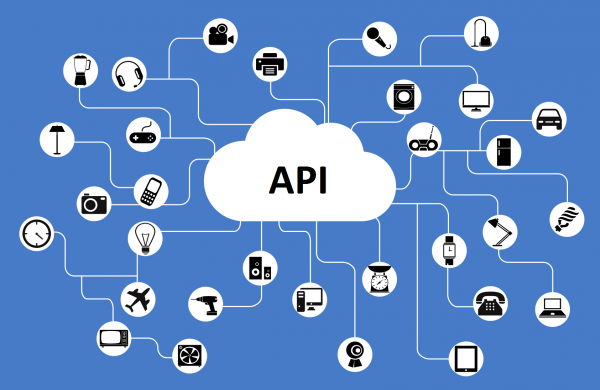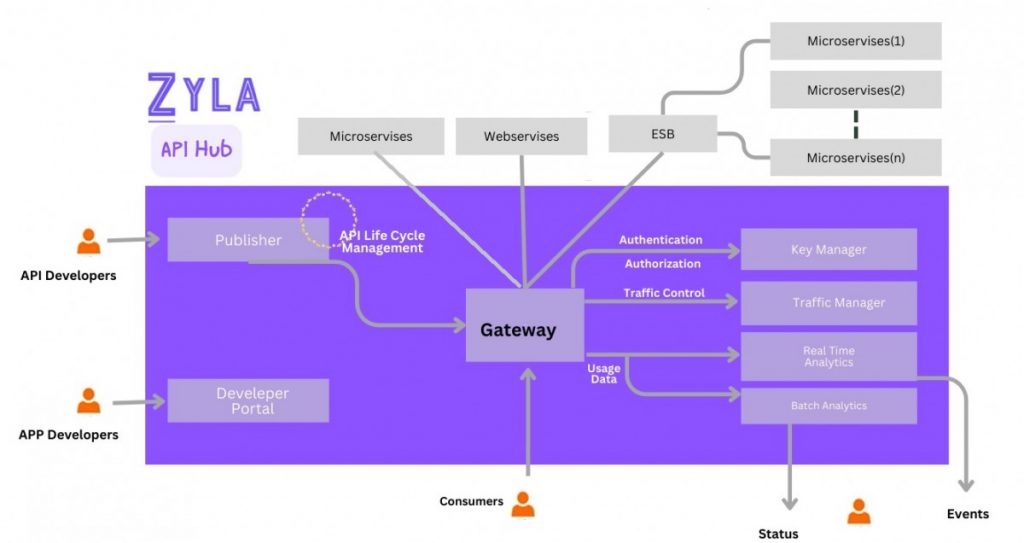In the rapidly evolving landscape of APIs, the terms “API monetization” and “API monetization platform” hold significant weight. API monetization refers to the process of generating revenue from APIs, turning them into valuable assets. An API monetization platform, on the other hand, is a crucial tool that facilitates this revenue generation process. These platforms streamline the complexities of pricing, billing, and subscription models, providing a structured framework for API providers to capitalize on their offerings.
Challenges Faced By API Providers
For individual API developers or organizations looking to monetize their APIs, challenges are abound. From determining the right pricing model to managing the intricacies of the API lifecycle, providers often grapple with these complexities. Additionally, exposure to a broader consumer market becomes a hurdle without the right platform.
The Solution – API Monetization Platform
Enter the API monetization platform – a cost-effective and efficient solution. Collaborating with these platforms empowers API providers to navigate the challenges seamlessly. These platforms act as enablers, offering a centralized space for managing pricing models, monitoring API performance, and ensuring a wider reach to consumers.
The API Hub – Your One-Stop Solution
Zyla API Hub emerges as the standout choice in the API monetization platform realm. Boasting key features like ease of onboarding, robust support for developers, and an efficient pricing model management system, this API Hub simplifies the path to API monetization. Its commitment to showcasing APIs efficiently and ensuring quality exposure positions it as a comprehensive solution for providers.
A Guide To Publishing Your API On The API Hub
Ready to showcase your API on Zyla API Hub? Here’s a simplified guide to get you started:
- 📝 Registration: Begin by registering on Zyla API Hub. Choose between the registration form or the quick GitHub account option.
- 🖊️ Naming and Description: Give your API a clear name with “API” in it. Craft a short, impactful description for better visibility.
- 📄 Detailed Info: Provide a detailed description covering input/output, common use cases, and any limitations.
- 📊 Category, Website, and Icon: Choose a category, link your website, and consider adding an optional icon for a comprehensive overview.
- 💰 Pricing Plans: Analyze and set plans, ensuring there’s a free and basic plan. Benchmark your prices within your API’s category.
- 🏷️ Tags and Rate Limits: Boost ranking with relevant tags and consider enabling rate limits for a balanced user experience.
- 🔐 Access Control and Authentication: Implement secure access control by specifying the secret key details. Zyla API Hub uses a single key per developer.
- 🌐 Base URL, Method, and Cache: Declare the base URL, specify the method for each endpoint, and set cache clearing frequencies for optimal performance.
- 🔄 Additional Settings: Manage any extra parameters, headers, or transformations needed before saving and publishing your API.
By following these quick steps, you’ll seamlessly publish your API on the API Hub, leveraging its user-friendly approach for effective showcasing.
Conclusion
In conclusion, choosing the right API monetization platform is pivotal for the success of API providers. Zyla API Hub stands out as a comprehensive solution, addressing challenges and providing a streamlined path to revenue generation. By understanding the significance of these platforms and embracing the capabilities of this API Hub, API providers can confidently navigate the evolving landscape and maximize the potential of their APIs.
For more information read my blog: Top API Marketplaces In 2023: Which One Is The Best?



